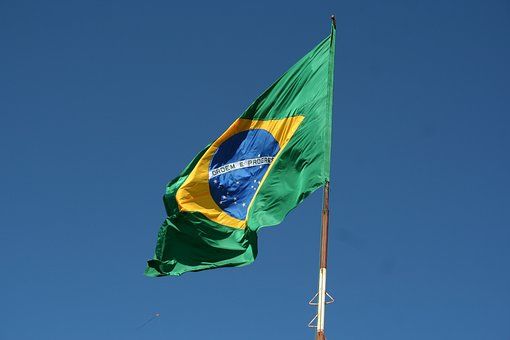The Brazilian government has been engaged in a privatization process that in the last three-year period has sold more than 100 owned assets, either directly or through state-controlled companies.
State participation in the economy continues to be relevant. Currently, the federal government controls 133 SOEs: 47 directly owned and 86 indirectly owned.
However, since 2019, the privatization of state-owned assets has become a key part of liberalizing the economy, attracting investment and fostering competition in the domestic market.
According to the authorities, between 2017 and 2022, two directly owned companies, Codesa and Eletrobras, were privatized.
Two others, Codomar and Casemg, were liquidated.
In addition, Ceitec is in the process of liquidation.
Privatization process in Brazil
In addition, according to the WTO, during the same period, divestitures – that is, the sale of subsidiary assets, investments or divisions of a company – have been largely concentrated in the energy sector.
These operations have involved 98 public companies, both directly and indirectly owned.
These include the following:
- BR Distribuidora, the leading distributor and trader of petroleum derivatives and biofuels (ethanol) in Brazil and Latin America.
- Transportadora Associada de Gás S.A. (TAG), the main natural gas transportation company in Brazil.
- Liquigás Distribuidora S.A. (Liquigás), a former subsidiary of Petrobras (a government-controlled company) engaged in the bottling, distribution and marketing of liquefied petroleum gas.
- Amazonas Energia.
- Companhia Energética de Alagoas (CEAL).
In June 2022, the Brazilian Privatization Program (Programa Nacional de Desestatização -PND-) included 13 directly owned public companies in the sectors of food storage or distribution, information technology, machinery, energy, semiconductors, insurance, urban transportation and ports.
By the end of September 2021, the Investment Partnerships Program (Projeto de Parcerias de Investimento -PPI-) listed 72 completed projects, 3 projects on hold, and 164 ongoing projects, ranging from ports to energy and tourism; as of June 2022, 14 SOEs had been selected under the PPI for privatization purposes.
On February 15, 2022, the Federal Court of Auditors (TCU) approved the privatization of Eletrobras.
A week later, on February 22, the company’s shareholders endorsed the model proposed by the administration.
This scheme contemplated a public offering of shares, both in Brazil and abroad, with the objective of reducing the federal government’s stake in the voting capital to 45% or less.
Subsequently, on May 18, 2022, the TCU ratified the privatization model with 7 votes in favor and 1 against.

